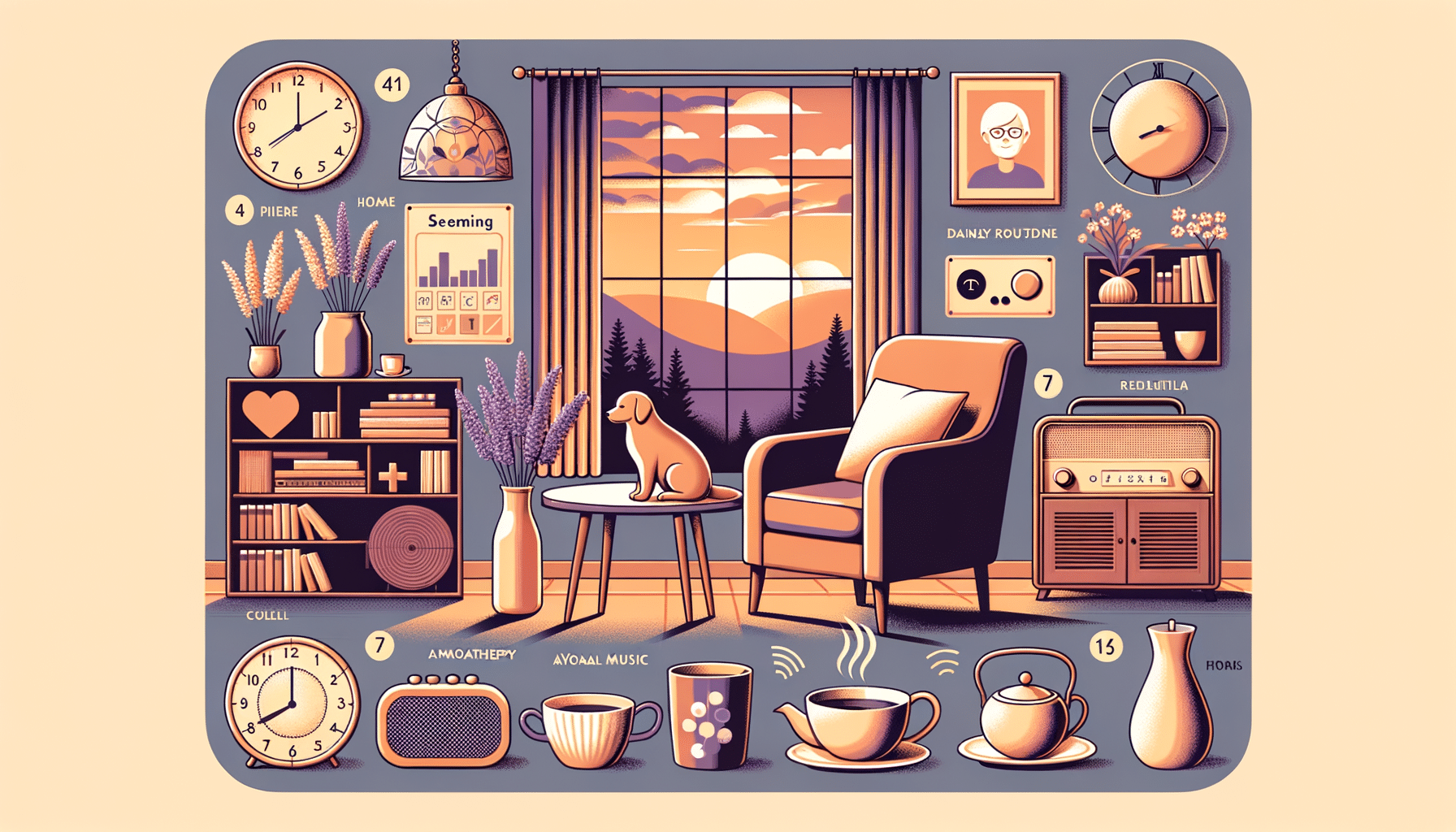
What Are Some Ways of Managing Sundowning in Dementia?
Understanding Sundowning and Its Impact
Sundowning is a term often used to describe a state of confusion occurring in the late afternoon and continuing into the night. This condition is commonly associated with dementia and can be particularly challenging for caregivers and family members. The changes in light and shadow during this time can exacerbate confusion and agitation, leading to increased anxiety and restlessness.
Understanding the root causes of sundowning is essential for managing it effectively. Factors such as fatigue, hunger, and changes in the internal body clock can all contribute to this phenomenon. By identifying these triggers, caregivers can tailor their strategies to better support individuals experiencing sundowning.
For those living with dementia, sundowning can significantly impact their quality of life. It can lead to sleep disturbances, which can further exacerbate cognitive decline. Therefore, managing sundowning is not only about addressing immediate symptoms but also about improving overall well-being.
Behavioral Strategies for Managing Sundowning
Behavioral strategies can be highly effective in managing sundowning symptoms. These strategies involve creating a calming environment and establishing a routine that minimizes stressors. One approach is to maintain a consistent daily schedule, which can help reduce confusion and anxiety.
Another strategy is to use lighting effectively. As daylight fades, increasing indoor lighting can help reduce shadows and create a more comfortable environment. Additionally, engaging in calming activities such as listening to soft music or engaging in gentle exercises can help alleviate agitation.
Communication is also crucial. Speaking in a calm and reassuring manner can help soothe individuals experiencing sundowning. It’s important to avoid arguing or correcting them, as this can increase frustration. Instead, redirecting their attention to a pleasant activity or memory can be more beneficial.
Daily Routine Tips for Managing Sundowning
Establishing a structured daily routine can significantly aid in managing sundowning. Consistency in wake-up times, meals, and activities helps create a sense of stability. It’s beneficial to schedule more demanding tasks earlier in the day when energy levels are higher.
Incorporating regular physical activity into the daily routine can also be beneficial. Exercise can help improve mood and reduce restlessness. Simple activities such as walking or stretching can be effective.
Nutrition plays a vital role as well. Providing a balanced diet with regular meal times can help maintain energy levels and prevent irritability. It’s also important to monitor caffeine and sugar intake, as these can exacerbate symptoms.
Finally, creating a restful nighttime environment is crucial. Ensuring the bedroom is comfortable and free from distractions can promote better sleep. Using blackout curtains and maintaining a cool room temperature can also contribute to a more restful night.


